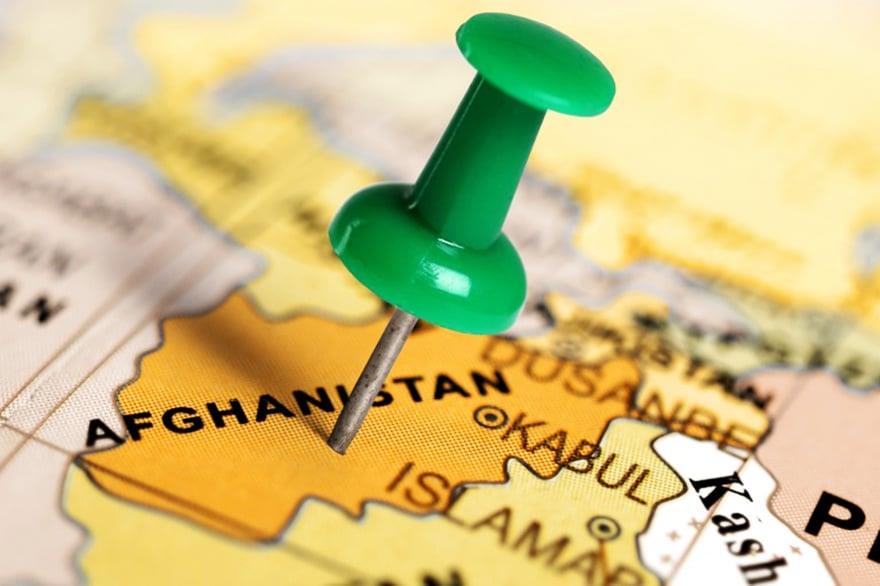(MENAFN- Khaama Press) By: Noman Hosseini, Freelance Journalist It is important for Afghanistan that it remains focused on economic revival post-Covid and political upheaval. Afghanistan could ill afford to get trapped in internal political turmoil or becomes victim of the geopolitical traps of neighboring countries or global powers. It is time to build Afghanistan by making efforts to resume economic activities, trade, investment, and aid by cautiously playing its cards. The priorities of the country could not be blurred in view of the fact that by mid-2022, two thirds of Afghan households had come on brink and could not afford food and other non-food items.
The Taliban government's capacity to reverse the“cascading” economic crisis crucially depends on resumption of international aid, resuscitating economic activities and creating a conducive business environment. All these things would depend vitally on Taliban government's efforts to convince the western powers for a smooth transition to a representative government and maintaining commitment to human rights. It is also important to mobilize humanitarian support including food and medicine from the countries with which Afghanistan has enjoyed friendship for long.
A World Bank report has rightly expressed concern that the“political crisis of August 15, 2021, morphed into an economic confidence crisis” in Afghanistan. It says further that cessation of aid caused a collapse in aggregate demand, job losses and economic deprivation as the Gross Domestic Product (GDP) contracted by 20.7% in 2021. The country's balance of trade is adverse with imports of USD 7 billion and legal exports at USD 2 billion in 2022, leaving a trade deficit of USD 5 billion.
While Afghanistan saw partial resumption of aid (off budget and smaller scale at about USD 3.5 billion compared to USD 9 billion in 2020), signs emerged by mid-2022 that Afghan economy was settling around a fragile low-level equilibrium, yet the question of sustaining people's livelihood still remains perplexing because of the substantial spillovers of the contraction of the aid-driven services and security sectors. Although headline inflation has come down from a peak of 18.35 in July 2022 to 3.5% in February 2023, price level still remains elevated. The political crisis has led to job losses and business opportunities which have made people's lives miserable.
In the precarious economic scenario, it is very important for Afghanistan to remain cautious that no country get's access to its precious resources on unfavorable terms. Its copper and oil reserves attract international investors, but any desperate move on the part of Afghan government to give access to investors without commensurate quid pro quo would not be desirable. Economic diplomacy requires that Afghan regime balances its ties with the western and neighboring development partners. This means that it is a better strategy for Afghanistan to avoid geopolitical tug of war in its territory for strategic agenda of other countries. Its economic diplomacy should be balanced by giving balancing stakes to all its development partners in connectivity and industrial projects as well as trade. Unrealistic and unsustainable debt based models have already been proven risky and unsustainable in some South Asian neighbors.
A UN report highlighted in October 2022 that although Afghan people have“survived numerous resilience”, yet the last 12 months have brought“cascading crises: A humanitarian emergency, massive economic contraction; and the crippling of its banking and financial systems in addition to denying access to secondary education to girls and the restrictions on women's mobility and participation of the economy.” Afghanistan's salvation would begin from its economic revival which depends on many other reforms, especially those which re-assure its development partners.
UNDP lamented that ten years of Afghan economic growth were reversed in just 12 months. But the Afghan regime is trying hard to bring back life to its economy. In its revival, the United Nations (UN) cash shipments for humanitarian and basic service support have helped significantly. In January-February 2023, the UN has already shipped USD 440 billion to Afghanistan as against a cumulative USD 1.55 billion in 2022. Revenue collection for the first seven months of the fiscal 2022-23 has also seen remarkable improvement. But given the size of the economic challenge Afghanistan is facing, these could just be seen as green shoots only.
Afghanistan must go miles before it succeeds in stabilizing its economy. It desperately needs resumption of aid and investment. But for these to happen, Afghanistan needs to take visible actions. And even more importantly it needs to avert any strategic exploitation by any development partner or global power.
*****
DISCLAIMER
The opinions expressed in this publication are those of the authors. They do not purport to reflect the opinions or views of
the khaama press news agency .
We welcome opinions and submissions to Khaama Press Opinions/Exclusives – Please email them to
.
Sharefacebook twitter whatsapp linkedin email print tumblr telegram




















Comments
No comment